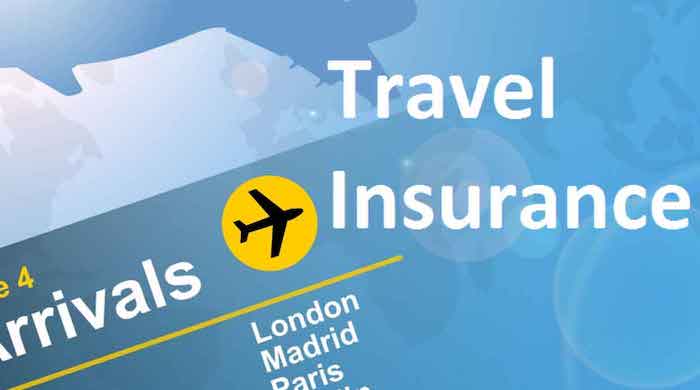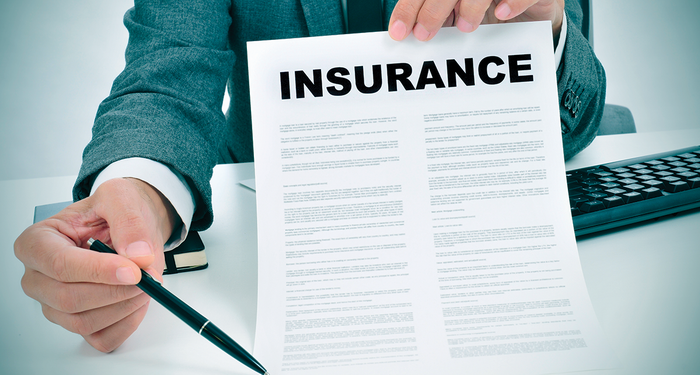Traveling is an exciting experience that can broaden your horizons, but it also comes with risks. From lost luggage to medical emergencies, there are many unforeseeable events that can disrupt your trip. Travel insurance can provide peace of mind and financial protection against these risks. However, travel insurance can be costly, and not all policies are created equal. In this article, we will explore the pros and cons of travel insurance and the factors to consider when purchasing it.
The Pros of Travel Insurance
Medical Coverage
Travel insurance affords a myriad of benefits, with one of the most significant being medical coverage. Medical emergencies, particularly while traveling abroad, can prove exorbitantly expensive. In the absence of insurance, you may be held accountable for the full cost of medical expenses. However, travel insurance can provide extensive medical coverage, encompassing hospitalization, emergency medical evacuation, and even repatriation of remains.
Trip Cancellation and Interruption Coverage
In addition to medical coverage, travel insurance proffers an array of benefits, including trip cancellation and interruption coverage. Should you find yourself in the position of having to abort or truncate your trip due to unanticipated events such as illness, injury, or natural calamity, travel insurance can assuage the burden by reimbursing you for the non-refundable expenses associated with your journey.
Protection Against Theft and Loss
In addition to the aforementioned benefits, travel insurance also extends protection against theft and loss. In the unfortunate event of your luggage being misplaced, stolen, or damaged during your travels, travel insurance can furnish compensation for the value of your lost possessions. Furthermore, certain policies include coverage for theft or damage to personal items, such as laptops and cameras, ensuring you are not left high and dry in the face of adversity.
24/7 Emergency Assistance
Many travel insurance policies offer 24/7 emergency assistance. This can be especially valuable when traveling in unfamiliar locations or in the event of a medical emergency. Emergency assistance services can help you find medical care, arrange emergency transportation, and provide other forms of assistance.
Coverage for Adventure Activities
For travelers planning adventure activities, such as bungee jumping or scuba diving, travel insurance can provide coverage in the event of injury or accident. Many policies offer coverage for adventure activities, but it is important to review the policy details to ensure the activity is covered.
The Cons of Travel Insurance
Additional Cost
One of the main drawbacks of travel insurance is the additional cost. Depending on the policy and coverage level, travel insurance can be expensive. It is important to weigh the cost of travel insurance against the potential benefits before purchasing a policy.
Coverage Exclusions and Limitations
Travel insurance policies often have exclusions and limitations that can make it difficult to file a claim. For example, many policies do not cover pre-existing medical conditions or injuries sustained while participating in high-risk activities. It is important to review the policy details carefully to understand what is covered and what is not.
Overlapping Coverage
Some travelers may already have coverage for certain travel-related expenses through their credit card or other insurance policies. It is important to review your existing coverage before purchasing travel insurance to avoid paying for overlapping coverage.
Potential for Fraudulent Claims
Travel insurance fraud is a growing problem, with some travelers filing false claims to collect payouts. This can result in higher premiums for everyone as insurance companies pass on the costs of fraudulent claims to policyholders. It is important to only file legitimate claims and to provide accurate information when purchasing travel insurance.
Factors to Consider When Purchasing Travel Insurance
When considering purchasing travel insurance, it is important to take the following factors into account:
Type of Trip
Different types of trips may require different types of coverage. For example, a leisurely beach vacation may require different coverage than an adventure trip that involves high-risk activities.
Destination
The destination of your trip can also affect the type of coverage you need. Some countries require specific types of coverage, such as medical evacuation insurance. It is important to research the requirements of your destination before purchasing travel insurance.
Duration of Trip
The length of your trip can also affect the cost of your travel insurance. Some policies may have limits on the length of coverage, while others may offer discounts for longer trips.
Age and Health
Your age and health can also affect the cost and coverage of your travel insurance. Some policies may have age restrictions or may not cover pre-existing medical conditions. It is important to disclose any medical conditions and to review the policy details carefully.
Cost and Coverage Limits
It is important to compare the cost and coverage limits of different travel insurance policies to find one that fits your budget and offers adequate coverage. Cheaper policies may have lower coverage limits or higher deductibles, while more expensive policies may offer more comprehensive coverage.
Reputation of Insurance Provider
Lastly, it is important to research the reputation of the insurance provider before purchasing travel insurance. Look for reviews and ratings from other travelers and check the provider’s financial stability and claims process.
FAQs
Q: Is travel insurance worth the cost?
A: Whether or not travel insurance is worth the cost depends on your personal circumstances and the type of trip you are taking. If you are traveling to a remote or high-risk destination, participating in adventure activities, or have pre-existing medical conditions, travel insurance may be worth the cost to protect against unexpected expenses.
Q: What does travel insurance typically cover?
A: Travel insurance typically covers expenses related to trip cancellations or interruptions, medical emergencies, lost or delayed baggage, and travel delays or missed connections. However, coverage varies depending on the policy and provider.
Q: Can I purchase travel insurance after booking my trip?
A: Yes, you can purchase travel insurance after booking your trip, but it is recommended to purchase it as soon as possible to ensure coverage for any unexpected events that may occur before or during your trip.
Q: Can I cancel my travel insurance policy?
A: Yes, you can cancel your travel insurance policy, but it is important to review the terms and conditions of your policy to understand any cancellation fees or restrictions.
Q: How do I file a claim with my travel insurance provider?
A: To file a claim with your travel insurance provider, you will need to provide documentation of the expenses incurred, such as medical bills or receipts. It is important to review the claims process and requirements of your policy before filing a claim.




